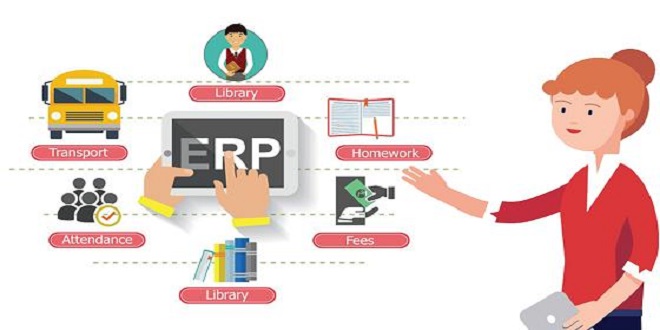What is the Best Way to Study Math?

Despite its reputation, math isn’t as intimidating as you might think! It’s all about breaking down problems into manageable pieces and asking yourself the right questions. That’s why you need to find the best way to study math if you want to succeed in class and on your exam. Fortunately, there are several different strategies you can use to master any type of math problem, from geometry to algebra and beyond. Here are the most effective study math strategies for getting ahead in class.
Logarithm: Numerical Value of a Number
The numerical value of a number is raised to a given power. For example, 2 is a base-10 logarithm of 100 because 100 = 102. The base-10 logarithm of 1000 is 3 because 1000 = 103.
- Logarithms are commonly used in science and engineering to simplify multiplication and division calculations by hand. To find a base-10 logarithm, you can use an online calculator or lookup values in tables that list common logs (also called antilogs).
- However, it’s often easier just to remember that 10^x means x times 10. That is, 100^2 means 10*100 = 1000; therefore, 10^2 must be 2. If you want to find a base-10 logarithm without a calculator or table, you can use an iterative process by which you repeatedly multiply by 10 and then divide by 9 until your result gets closer and closer to 0.
5 Best Ways To Study Math
Are you looking for a new way to review those pesky arithmetic problems? Look no further. It’s no secret that studying math can be tough. But with these five tips, your calculator and calculator skills will be nothing but a distant memory.
1) Practice, practice, practice:
If you want to get better at arithmetic, you will have to put in some serious time. Fortunately, there are several fun ways that you can review basic math concepts. One great method is practising with a flashcard app on your phone or computer. Using one of these apps for just 15 minutes each day will help you memorize addition and subtraction facts—and even some multiplication and division concepts—in no time!
2) Pay attention to one concept at a time:
Trying to review too many concepts at once will only make it harder for you to remember everything. Instead, choose one topic that you’re struggling with and try to get it down cold. Once you feel confident about that concept, move on to another area of your weakness.
3) Use good old-fashioned paper and pencil:
The days of working with only a calculator are over. You need both hands free to write down numbers and equations, so it’s a good idea to bring a notebook and pencil with you wherever you go. Calculators aren’t allowed on many tests these days, so having an analogue backup will help you review any concepts that come up while you’re studying.
4) Read, read, read:
Math textbooks are great for reviewing basic concepts. You might want to consider purchasing a textbook specifically for review purposes. The more concepts you can commit to memory through practice and reading, the easier it will be for you to succeed on your tests.
5) Look for problem-solving strategies:
Practice problems from your textbook can help you remember concepts, but there’s no substitute for solving real-world problems. You should also consider looking for tips and tricks that will help you find solutions faster. Many students struggle with remembering how to solve specific types of problems, so a little extra reading about these issues can go a long way toward improving your score. For example, several common strategies can be used when trying to solve word problems in algebra or calculus.
Cuemath is an online math teaching platform that provides you with highly qualified and experienced teachers who will help you to grasp every concept of mathematics. It also provides you with various types of math puzzles and worksheets.





